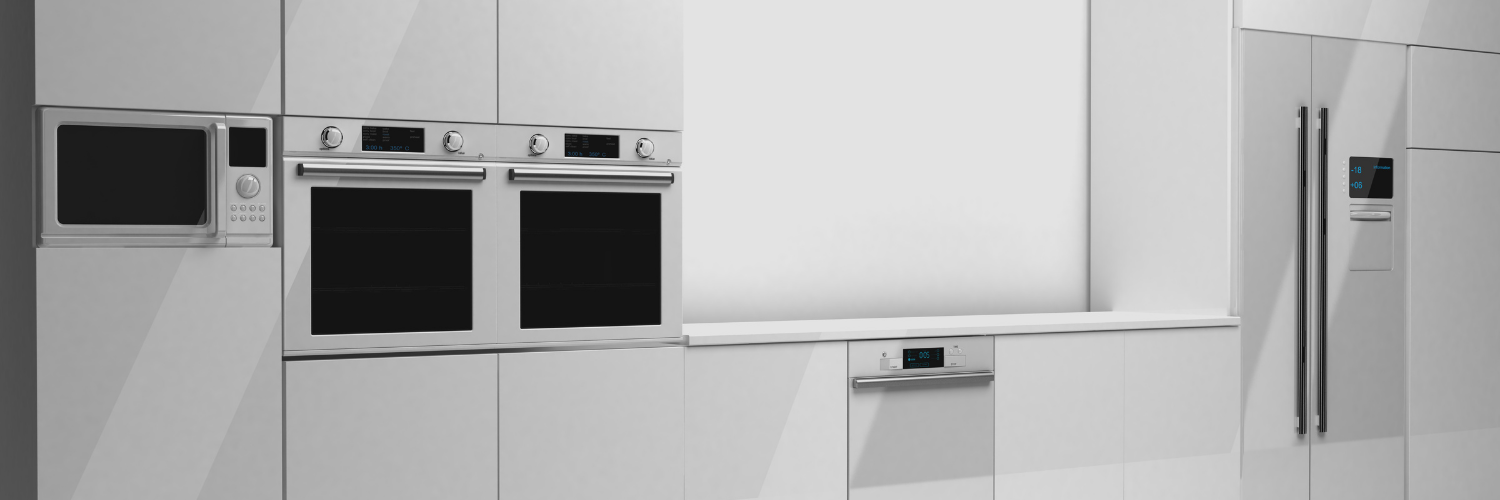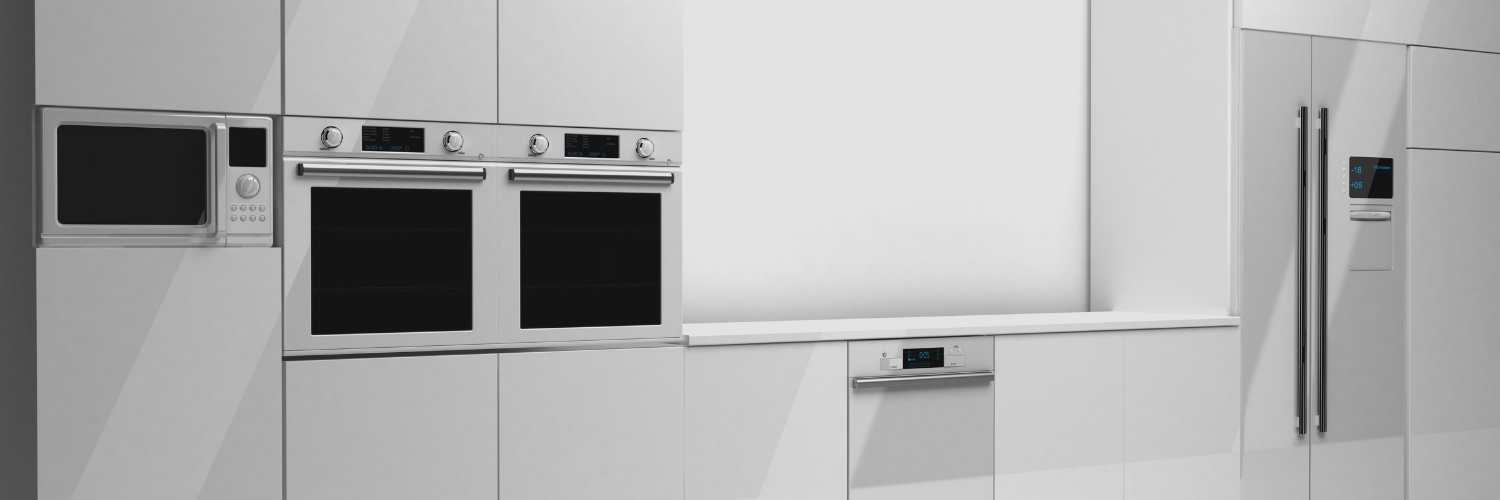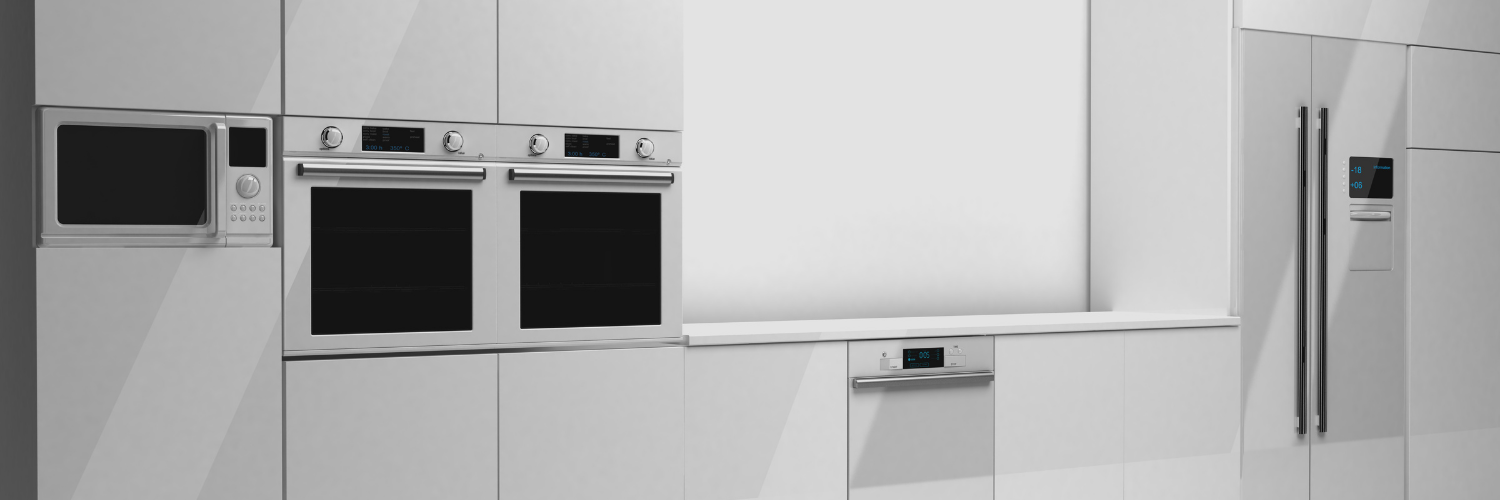10 Essential Tips for Maintaining Your Refrigerator: Ensuring Longevity and Efficiency
Refrigerators are the unsung heroes of the kitchen, tirelessly keeping our food fresh day in and day out. But to ensure they perform at their best, proper maintenance is crucial. In this comprehensive guide, we'll explore ten essential tips for maintaining your refrigerator, guaranteeing both longevity and efficiency.
Maintaining Your Refrigerator: Tips for Longevity and Efficiency
From cleaning coils to organizing contents, here are the key strategies to keep your fridge in top-notch condition:
Checking and Cleaning Coils Regularly
Regularly inspecting and cleaning the coils behind or beneath your refrigerator is essential for optimal performance. Over time, these coils can accumulate dust and debris, hindering airflow and causing the compressor to work harder, leading to inefficiency and potential breakdowns.
Organizing Contents for Airflow
Proper organization inside your refrigerator not only makes it easier to find items but also promotes better airflow. Ensure there's ample space between items to allow cold air to circulate freely, preventing warm spots and ensuring uniform cooling.
Setting the Correct Temperature
Maintaining the right temperature is critical for food safety and energy efficiency. Aim for a refrigerator temperature of 37 to 40 degrees Fahrenheit (3 to 4 degrees Celsius) and a freezer temperature of 0 degrees Fahrenheit (-18 degrees Celsius).
Checking Door Seals for Leaks
Faulty door seals can allow cold air to escape, leading to increased energy consumption and potential food spoilage. Regularly inspect the door seals for any signs of wear or damage, and replace them if necessary to maintain a tight seal.
Defrosting Freezer Regularly
If your refrigerator has a manual defrost feature, be sure to defrost the freezer regularly to prevent ice buildup. Excessive ice can reduce airflow and efficiency, causing your fridge to work harder to maintain the desired temperature.
Cleaning Interior and Exterior
Regular cleaning of both the interior and exterior of your refrigerator not only keeps it looking pristine but also helps maintain its efficiency. Use a mild detergent to clean shelves, drawers, and walls, and wipe down the exterior with a damp cloth.
Avoiding Overloading
While it may be tempting to cram as much as possible into your refrigerator, overloading can impede airflow and cause uneven cooling. Be mindful of the fridge's capacity and avoid overcrowding to ensure optimal performance.
Performing Routine Maintenance Checks
Make it a habit to perform routine maintenance checks on your refrigerator, including inspecting for leaks, unusual noises, or other signs of malfunction. Addressing issues promptly can prevent costly repairs down the line.
Keeping the Surrounding Area Clean
Ensure adequate airflow around your refrigerator by keeping the surrounding area clean and free of obstructions. Avoid placing items on top of or around the fridge that could block ventilation, such as boxes or kitchen appliances.
Investing in a Voltage Stabilizer
Voltage fluctuations can damage the sensitive components of your refrigerator, leading to premature failure. Investing in a voltage stabilizer can help protect your appliance from power surges and ensure consistent performance.
Frequently Asked Questions (FAQs)
- How often should I clean the coils behind my refrigerator?
- It's recommended to clean the coils at least twice a year to maintain optimal performance.
- Can I use bleach to clean the interior of my refrigerator?
- No, it's not recommended to use bleach inside the refrigerator as it can leave behind harmful residues. Stick to mild detergents and warm water for cleaning.
- What should I do if I notice water pooling at the bottom of my fridge?
- Check the drainage hole at the back of the fridge for clogs and clear any debris. If the issue persists, it may indicate a more serious problem that requires professional attention.
- How can I tell if my refrigerator door seals are faulty?
- One way to test the door seals is to place a dollar bill in the door and close it. If you can easily pull out the bill without resistance, the seals may need to be replaced.
- Is it necessary to unplug my refrigerator before cleaning it?
- While it's not always necessary to unplug the fridge for routine cleaning, it's safer to do so when cleaning the coils or performing any maintenance that involves moving parts.
- Can I use a hairdryer to speed up the defrosting process?
- While it may seem like a quick fix, using a hairdryer to defrost your freezer can damage the appliance and pose a safety risk. Stick to natural defrosting methods for best results.
Conclusion
By following these ten essential tips, you can ensure that your refrigerator remains in peak condition for years to come, providing reliable cooling while minimizing energy consumption. Remember, proper maintenance is the key to longevity and efficiency when it comes to your fridge.



